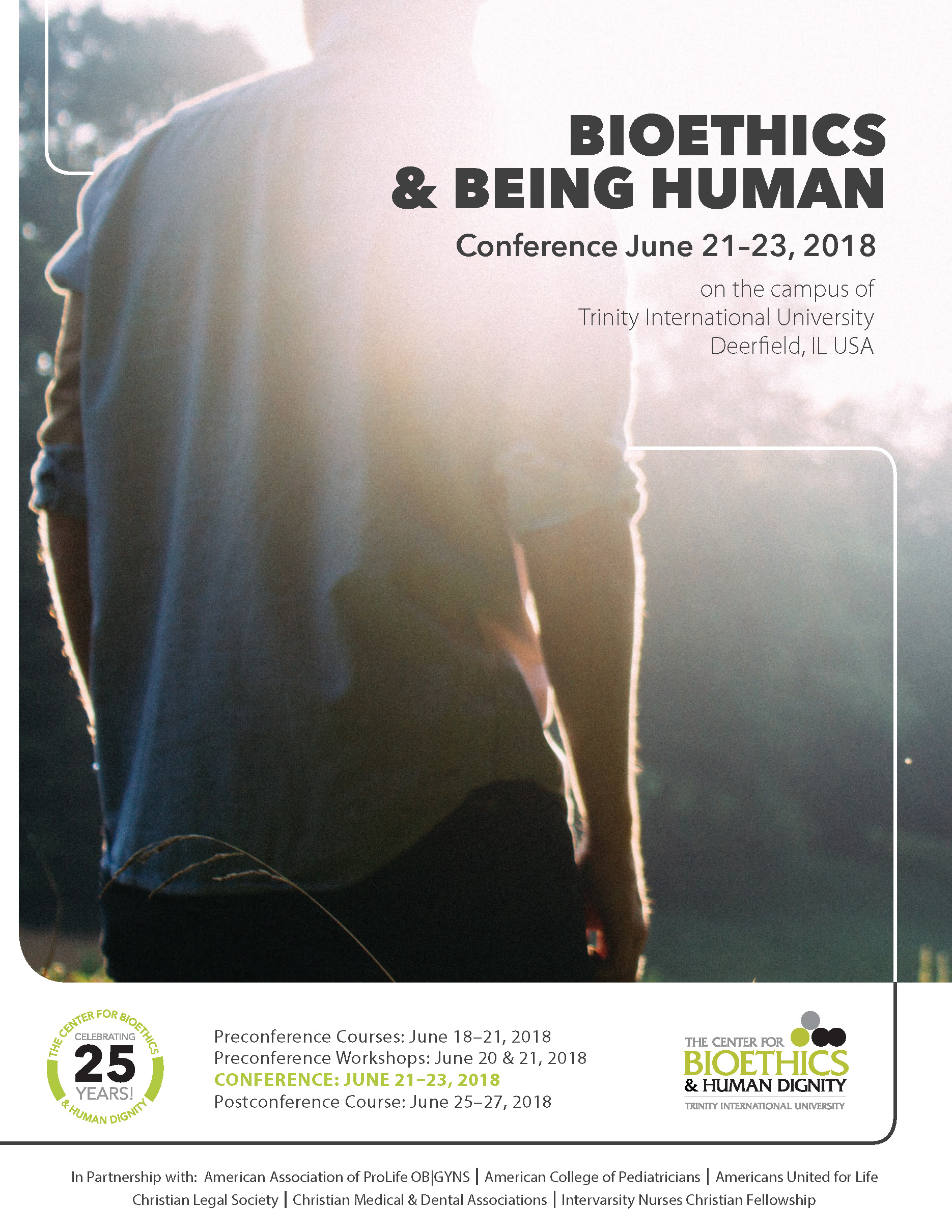
As Nigel M. de S. Cameron argues in Will Robots Take Your Job?, there is a risk that advanced forms of automation will mean that full employment is no longer possible for many world economies. While such a possibility requires wise political leaders to consider potential impacts and ways to prepare for them, it also raises questions for what it might mean to be human in an age of automation. Many Christians have recognized the place that meaningful work plays in being human, in existing and flourishing in the image of God. In fact, the rise in evangelical theological reflection on “faith and work” in recent years has yielded a wealth of accessible works to help Christians connect faith to their day-to-day work. But what happens when there is less “work” to go around, or when work takes on a radical new shape? This paper will explore the possibility of rising automation and its effects on jobs through the lens of leisure—not leisure in the sense of “doing nothing” while robots do all of the work, but a full and robust sense of leisure. As developed by scholars such as Joseph Pieper, it provides a necessary perspective through which we can understand what it means to be truly human as work radically changes in the face of emerging technologies. In short, even as human work changes or in some cases disappears, greater attention to a fully orbed theological anthropology—one grounded not only in work but in worship—will yield theoretical and practical fruit as we faithfully try to understand our situation of being and remaining human.